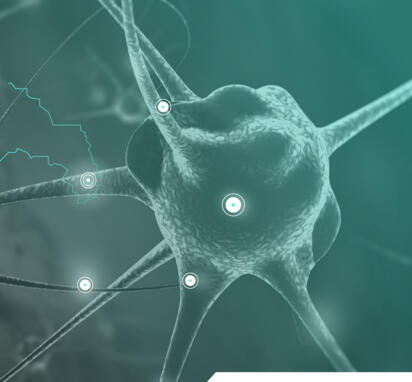Mental Fatigue
Athletes may be prone to the negative effects that mental fatigue has on their sporting performance, resulting in possible decreases in their technical and physical performance coupled with higher ratings of perceived effort feeling fatigued. Therefore, non-invasive physical and psychological stress markers are currently being identified that could be used in the screening process when measuring the fatigue status of an individual. Furthermore, another aim is to detect muscular strain and inappropriate movement patterns in football players as an indicator of mental fatigue.
Feature One
Longitudinal monitoring to detect patterns of negative influences on one´s global health status.
Feature Two
Helping individuals by resisting the onset of mental fatigue via improving their concentration abilities.
Feature Three
Explaining wrong decision-making due to a lack of concentration through prolonged and highly demanding tasks.

Mental fatigue is a psychobiological state experienced following exposure to cognitively demanding tasks. A lack of energy and feelings of tiredness are associated with mental fatigue, and it causes a reduction in attention, reaction times, task planning and slower adjustments in performance after errors. The ability to complete a task effectively while experiencing mental fatigue is an important and highly relevant research topic. Indeed, mental fatigue is a prevalent issue that may negatively affect the decision-making of individuals within their respective domain, whether that be in business (i.e. CEO's), emergency services (i.e. firefighters), sport (i.e. athletes), or many other workplaces. Although the severity of the consequences associated with mental fatigue range across each domain, the shared negative impact is clear.
Therefore, the current project aims to contribute to the understanding of mental fatigue is and how it influences the decision-making of individuals across a range of domains. Furthermore, we are working towards developing non-invasive measures of mental fatigue that can help to identify when an individual may be experiencing a state of fatigue. Lastly, we also are aiming to provide recommendations for what individuals can do to protect against the negative impacts of fatigue, and whether it is possible to improve individuals' resilience to its effect.




